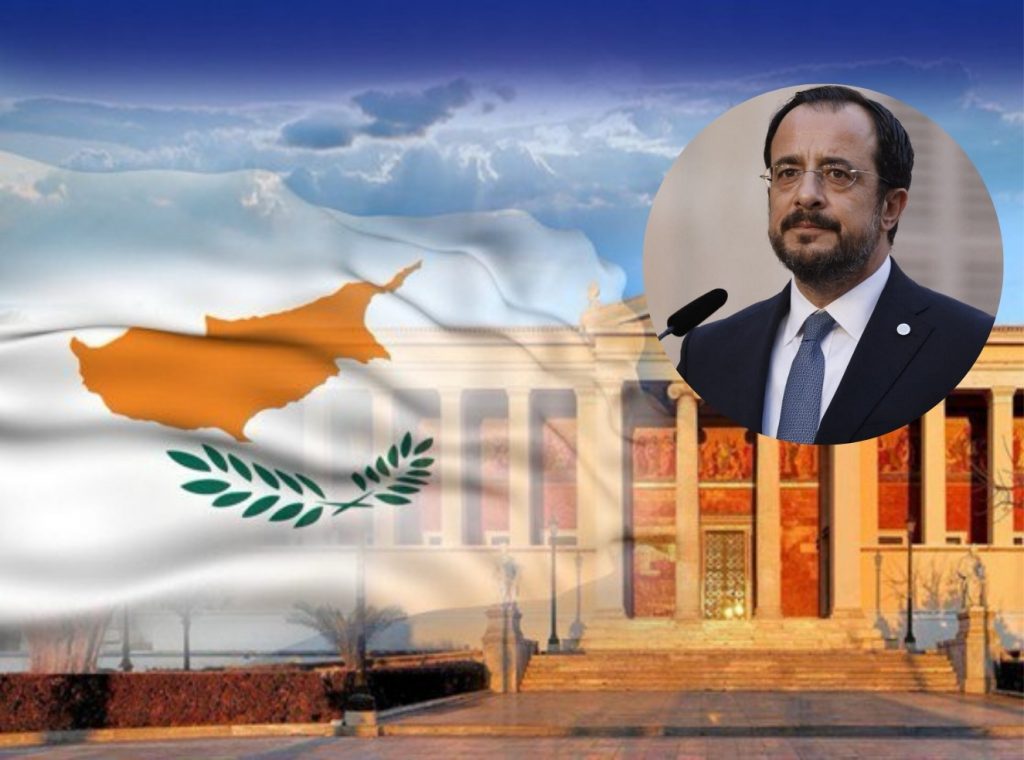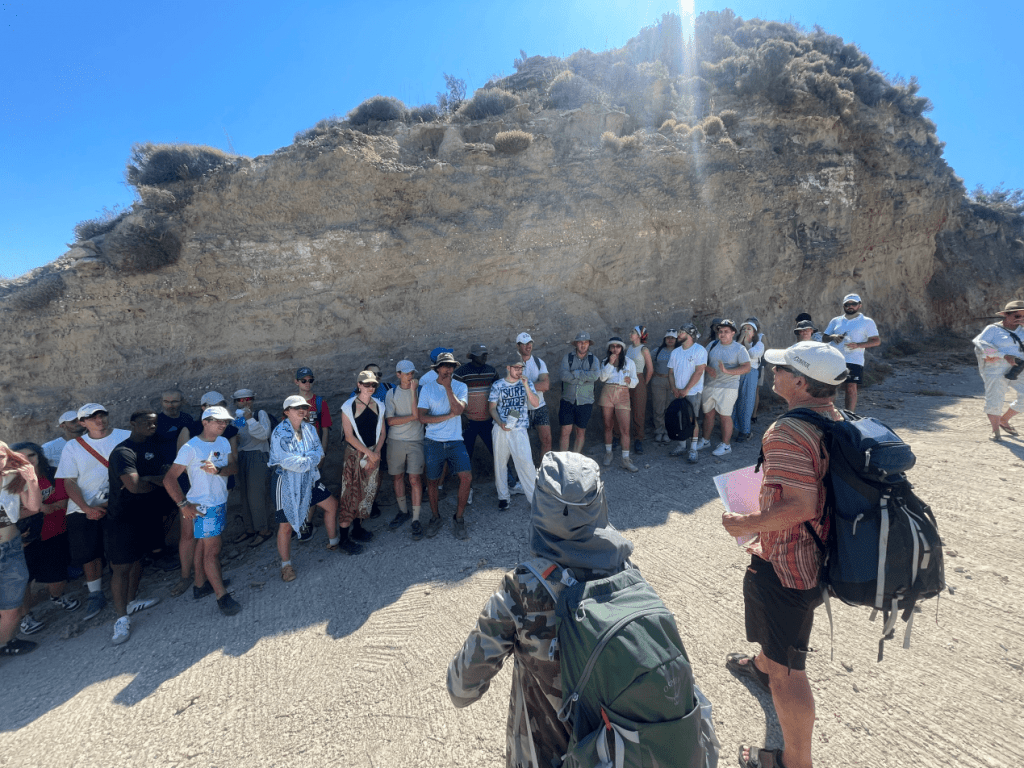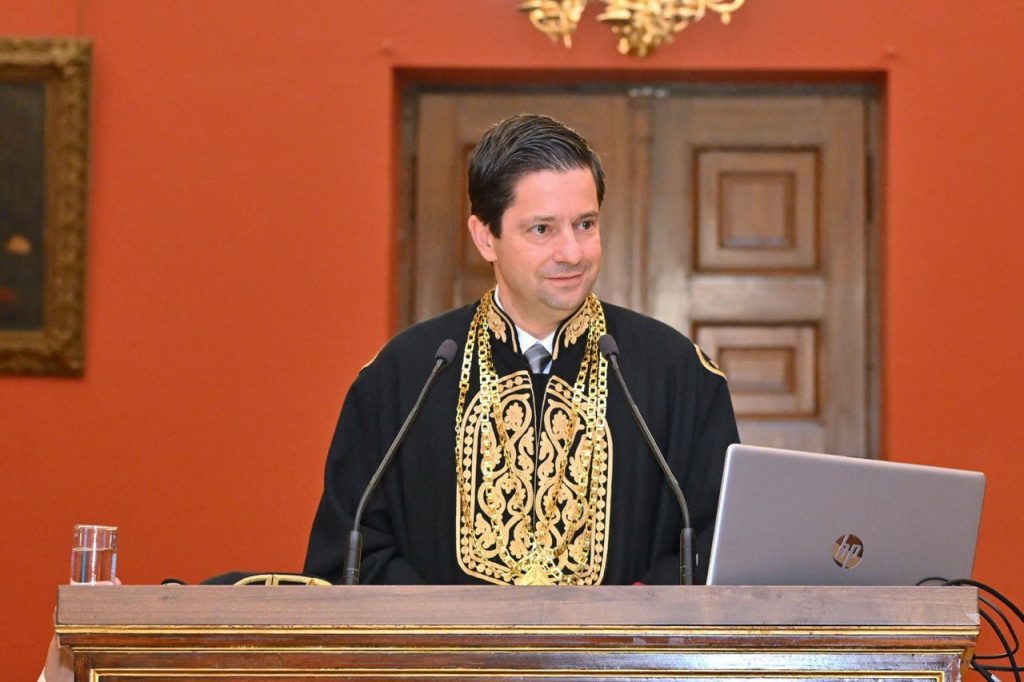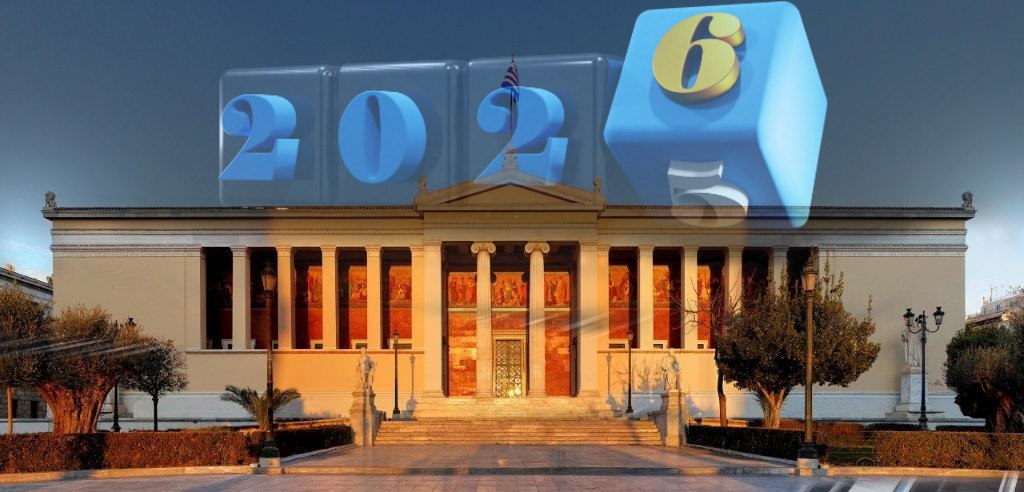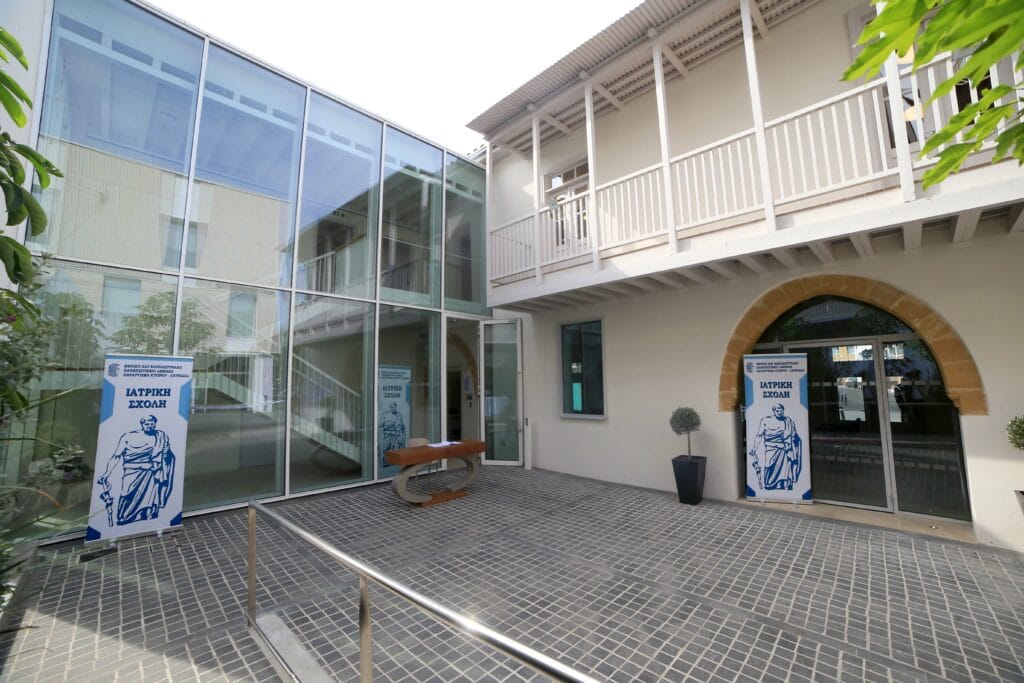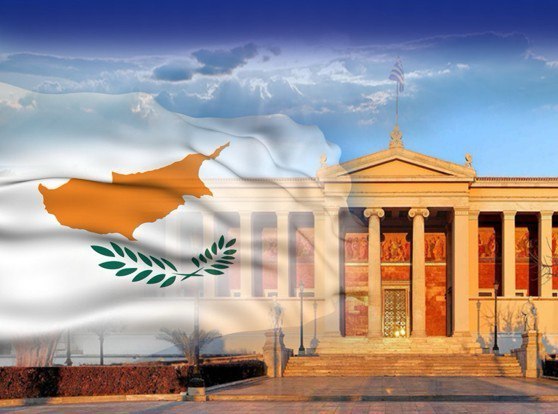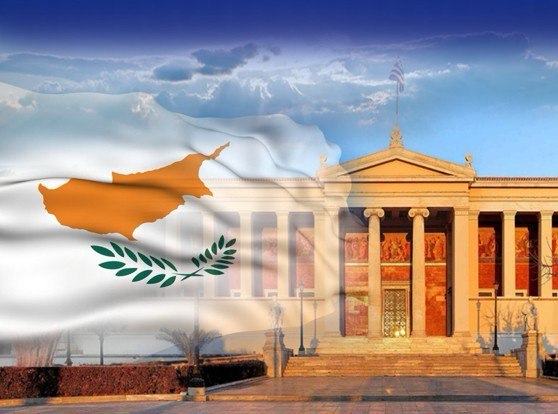Cardiovascular diseases are the main cause of death worldwide. Thus, understanding the causes and potential treatments for these pathologies is a global and major health challenge. The main objective of this proposal is to develop a transnational and transdisciplinary course that will facilitate current knowledge in cardiovascular and metabolic diseases to early career scientists. We will take advantage of innovative ways of teaching and learning to fill a current gap in training. To achieve our goal, we have created a team of experts in the field of cardiometabolic diseases from CIVIS universities. Moreover, we will invite external stakeholders, who will teach novel pathophysiological mechanisms and innovative therapeutic approaches. We will focus on innovative teaching techniques including mentoring, journal clubs, hands-on sessions, important translational experimental models, grant proposal writing, design of experimental studies, translation of basic research in clinical practice and design of clinical trials in the field of cardiometabolic diseases.
The course will cover novel pathophysiological mechanisms and therapeutic approaches related to cardiac dysfunction and heart failure. This is a health problem that affects more than 64 million people worldwide having a serious impact on their survival and quality of life. The following issues will be particularly covered:
- Cardiovascular diseases related to inflammation and fibrosis
- Diabetes related cardiovascular disease
- Vascular aging and microvascular dysfunction in cardiovascular disease
- Novel approaches in cardiac repair/regeneration
- Novel approaches for end/stage heart failure- Preservation and repair of the donor heart
Tutors include expert biologists, clinical scientists and pharmacologists, covering the field from basic research to clinical practice. Participating teachers will be academics from 5 CIVIS universities, as well as guest speakers from other universities, research institutes, important medical associations, specialized hospitals and the pharma industry.
An important part of the physical meeting will be focused on translational experimental models of cardiovascular diseases, advanced imaging facilities and state-of the art molecular and microscopy techniques, including the presentation of videos, hands-on sessions and discussion. During this course, the students will have the opportunity to develop practical skills on:
- In vivo and ex vivo models of myocardial infarction in rodents
- Echocardiography, high resolution micro-SPECT & CT imaging, in vivo optical imaging system for fluorescence and bioluminescence in rodents
- Clinical evaluation of endothelial dysfunction (flow mediated-dilation) and damage (IMT measurement, atherosclerotic plaque evaluation.
- Advanced cell culture models, cardiac organoids, engineered cardiac tissue
- Advanced molecular and microscopy techniques that will include measurement of bioenergetic states of different cells (cardiomyocytes, endothelial cells and monocytes/macrophages) by quantifying their metabolic respiration with the technology of a metabolic flux analyzer and ultimate 3D imaging of solvent-cleared organs (uDISCO) with light sheet microscopy.
Main topics addressed
The following topics will be particularly addressed:
- Cardiovascular diseases related to inflammation and fibrosis
- Diabetes related cardiovascular disease
- Vascular aging and microvascular dysfunction in cardiovascular disease
- Novel approaches in cardiac repair/regeneration
- Novel approaches for end/stage heart failure- Preservation and repair of the donor heart
Learning outcomes
Students are expected to:
- Advance their knowledge in the field of cardiovascular and metabolic diseases, including novel pathophysiological mechanisms and therapeutic approaches
- Develop practical skills in the use of translational experimental models (in vivo, ex vivo, advanced disease modeling), in vivo imaging facilities and state-of-the-art molecular techniques for cardiovascular and metabolic diseases
- Develop their skills in critical thinking, analysis and reviewing of scientific studies
- Develop their skills in the design of experimental studies, creation of successful grant proposals, translation of basic research in clinical practice and design of clinical trials
- Develop their skills on oral communication, scientific idea development and how to apply for a future fellowship
- Establish networking links favoring the cohesion among CIVIS Universities
See more: https://civis.eu/en/civis-courses/challenges-and-innovative-approaches-in-cardio-metabolic-disease


![CIVIS Blended Intensive Program: Challenges and innovative approaches in cardio-metabolic disease [apply by 31/10]](https://hub.uoa.gr/en/wp-content/uploads/2023/09/robina-weermeijer-qIK_fc-4fmw-unsplash-1024x576.jpg)

